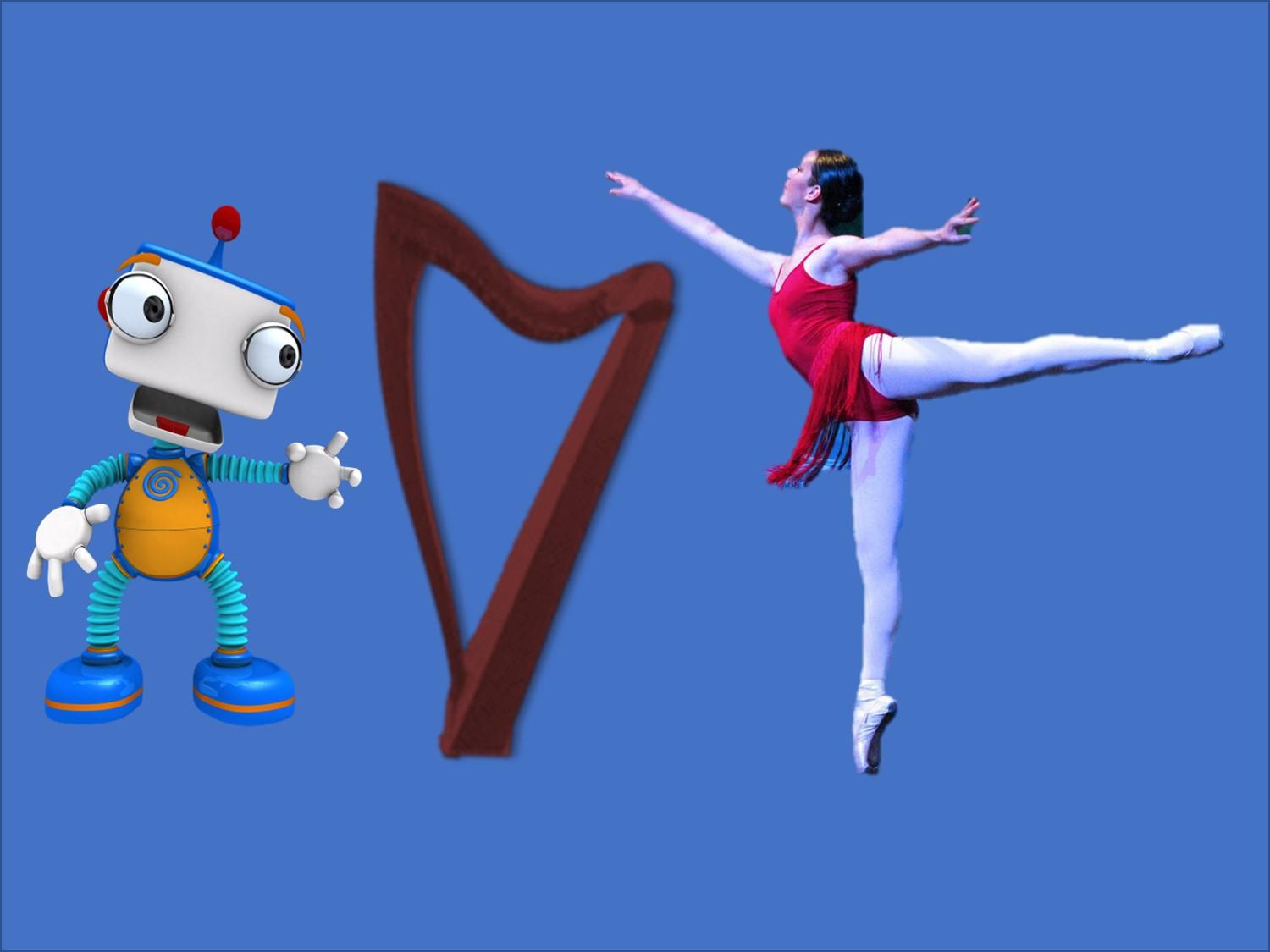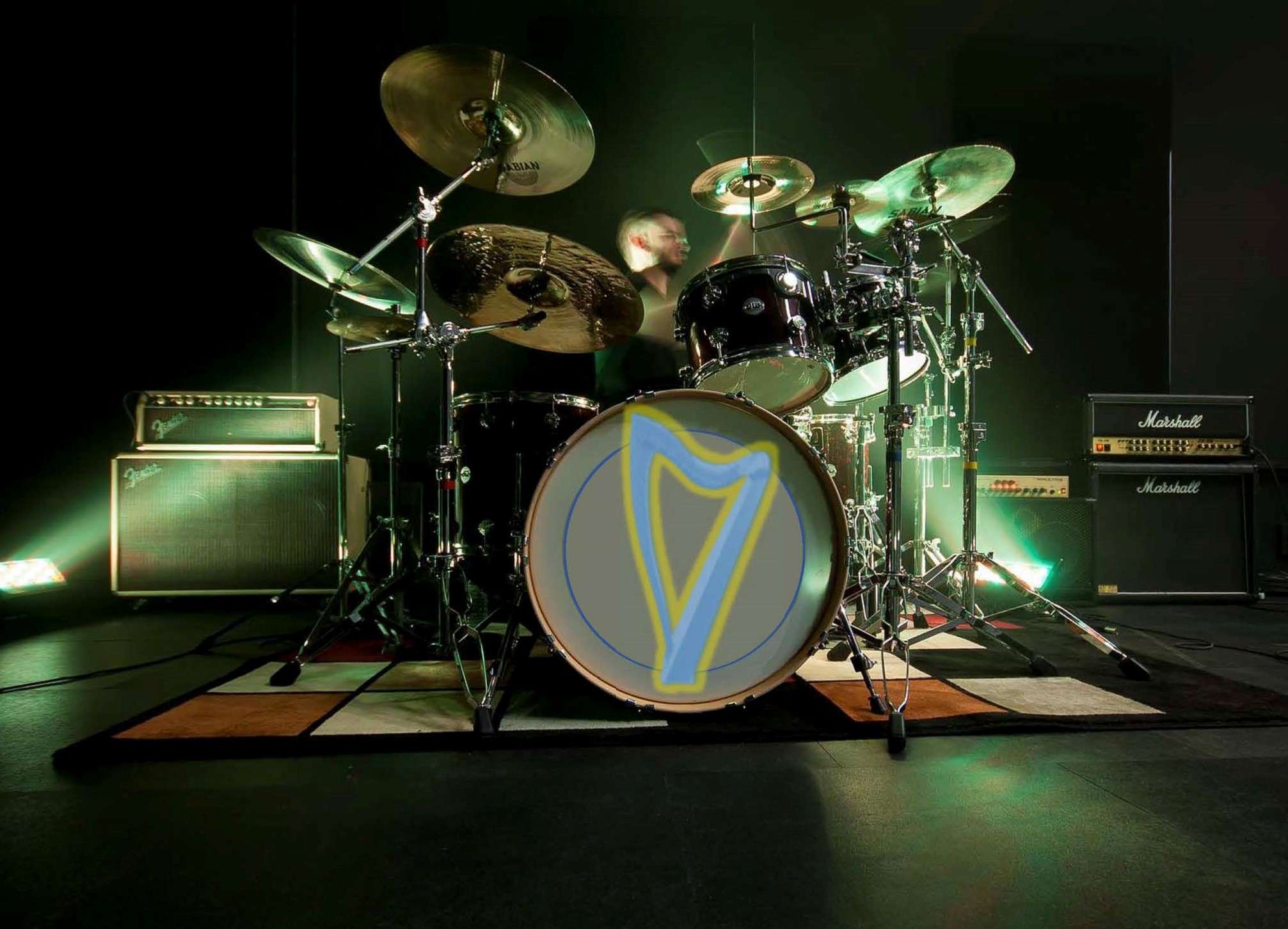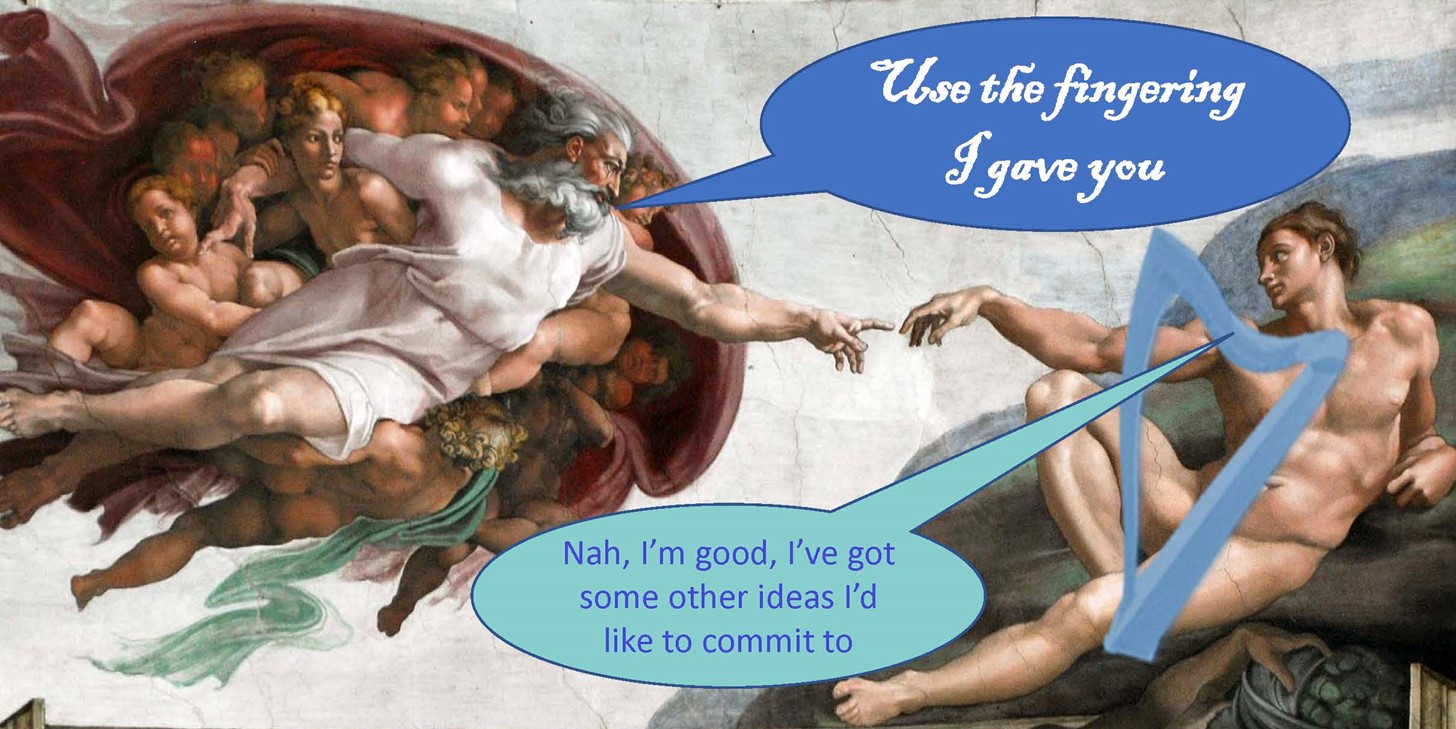The president of my fan club doesn’t know much about music but sometimes lofts the question, “how is your musical-y thing going?”. It’s meant to demonstrate support and caring. It’s sweet…not helpful, but sweet.
“Musical-y thing” in this context means “everything” …and everything is a lot of stuff when we’re talking about music.

But we are musicians and so we should understand what makes up the musical-y stuff. We need to know the difference between and the relationship of the musical-y things. They sort of easily fall into two elements – Musicianship and Musicality*.
Some people think they are the same thing, but they are actually very different.
Musicianship is the technical stuff – the playing, articulation, fingering, accuracy, closing, good reading, good posture, thinking, incorporating technical elements into your playing, etc. Musicianship leads to strong playing. Musicianship fuels analyzing the music to find the patterns, the themes, the work arounds, and applies all that technique to result in solid playing. Musicianship is the hard work, the repetitions, the focused practice – the discipline.
Musicality is the expression, the emotion, the feeling, the inflection. Musicality hears the potential in each phrase, each pattern, each mis-note**. Musicality is the recasting of the phrase, the on-the-fly improvements, and adds that sparkle to the performance. Musicality injects the life into the music. Your listener can feel your musicality.
Musicality is the life of the party while Musicianship is refilling the dip. Without Musicianship, Musicality (and everyone else) leaves early. These are both essential to having a great event! And frankly Musicality is so much easier to bring forth when it’s leveraging strong Musicianship.
Developing each of these is essential to continued growth but that can be a challenge. For some, the focus is on musicianship – those very technical things that can be measured, assessed, built incrementally, and tracked. For others, the focus is on musicality – the feelings expressed and the connection with others – things you can feel but can’t necessarily point directly at to assess.
If you have fallen into the trap of focusing on only one, dig your way out! Why? Because no one ever said, “I love rote, mechanical, robotic music”. But also, no one ever said, “Despite almost every note being so wrong that I didn’t recognize the piece, I loved the emotion of whatever that was.” These are two sides of the same coin – musicianship without musicality is flat and uninteresting. Musicality without musicianship is just about noise. To be a complete musician, you have to capitalize both!
You can develop each – but how? (You already know what I’m going to say) Practice! But balanced and complementary practice.
To develop Musicianship, do the “usual” practice – careful, precise work. Deliberate practice of the technical elements applied to your tunes. Focus on the skills. You know how to do this.
To develop Musicality, do the “unusual” practice – craft the story you’ll be telling by visualizing the elements, hear the emotions you want to evoke, yep – use your imagination! Use movement to reinforce your story. Calibrate your finger control, position of your hands, and placement of your arms so that you evoke the sound you are imagining. And because it’s hard to do all these things at once and assess the outcomes, record yourself, find what you like, and build on that! In addition, write down your ideas, thoughts, and insights as you practice.
Here’s a homework assignment – select a new-to-you song (songs are easy – they have words that tell you what the story is – easy-peasy!). Learn the tune with good technical proficiency (strong Musicianship). When you are comfortable playing the melody, think about the story and its associated emotions so you can craft your playing and – bake that feeling into your tune practically from the beginning (Musicality). Keep testing for doneness (make throw away recordings) and monitor your technique (which can so easily fall by the wayside while your brain is trying to focus on everything). Remember it is never finished, so you can change how you feel about the emotions you seek to evoke at any time!
Are you musical-y? How do you feel about your musicianship and your musicality? Have you tried this homework? Let me know what you learned in the comments!
*Yes, of course there can be more or different bins – be my guest, tell me a better way to characterize this!
**Some people call a Mis-note an error but that would be a mistake 😀





